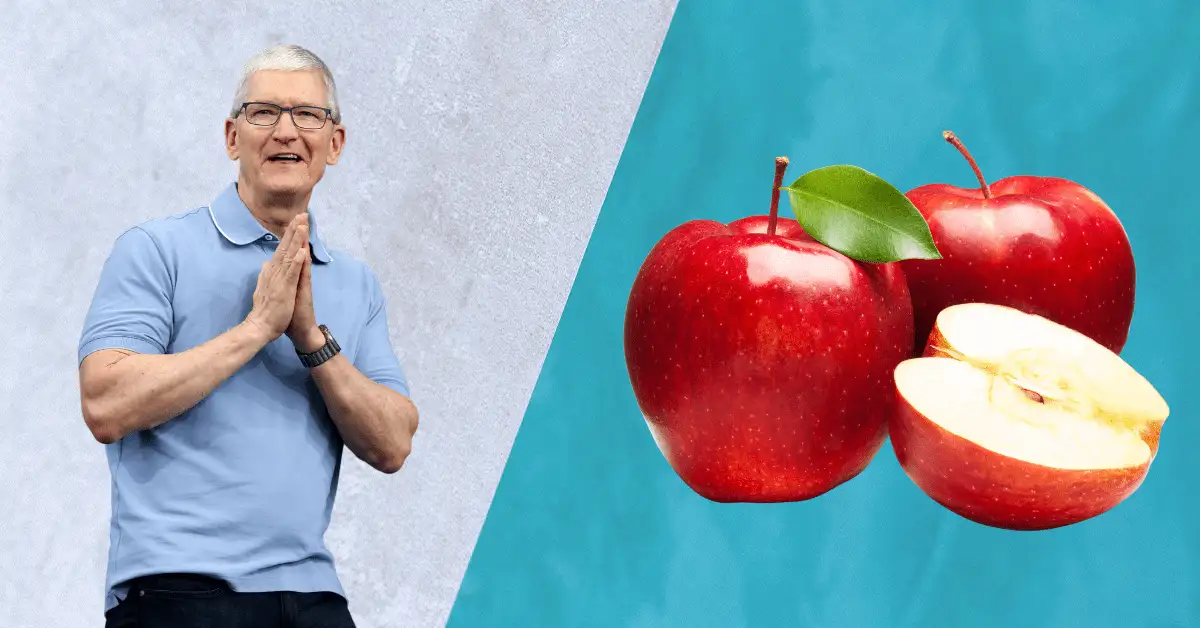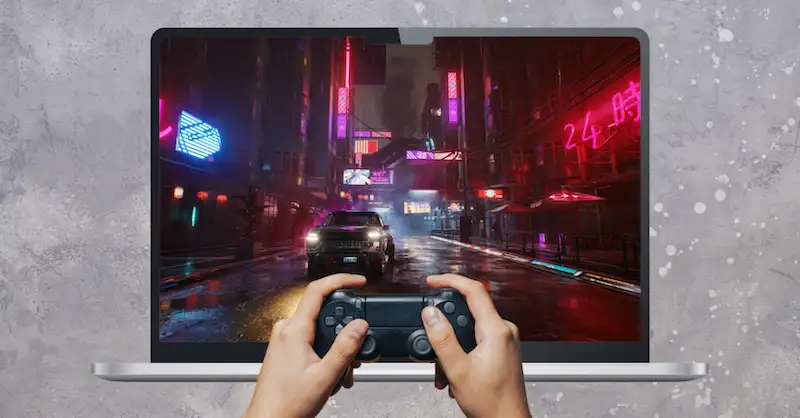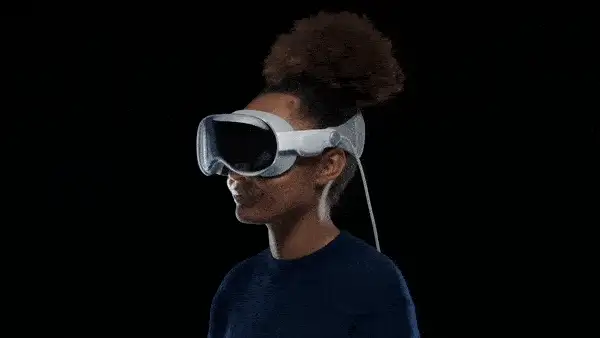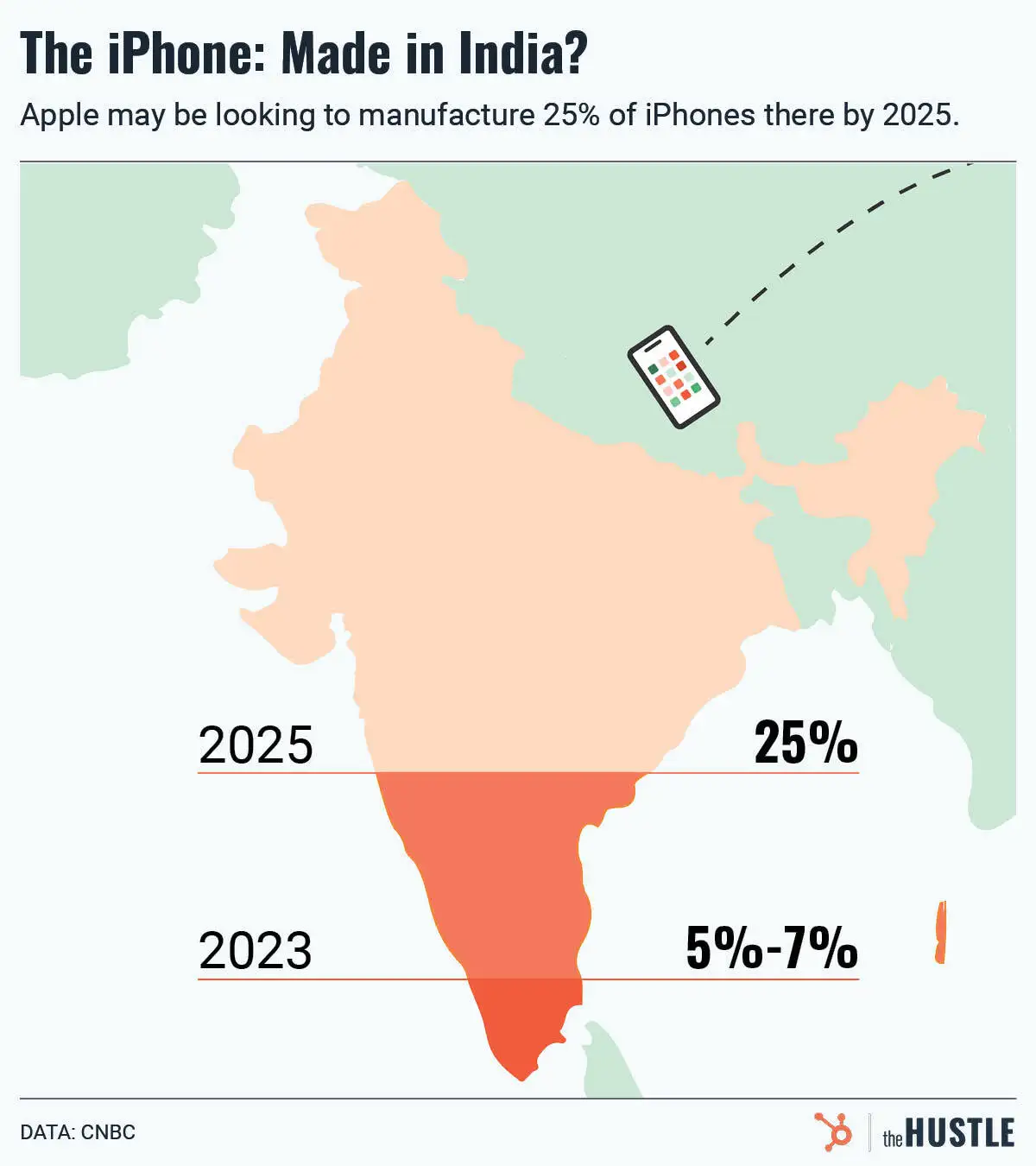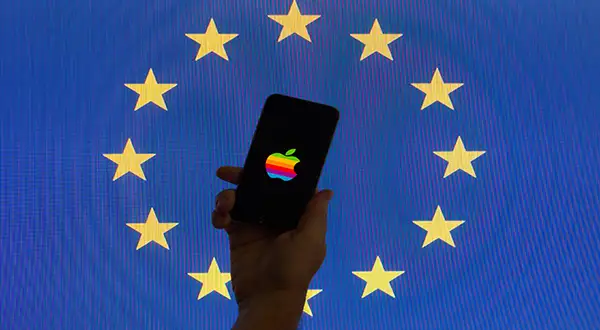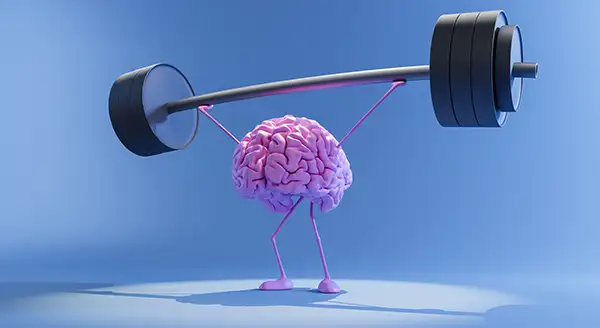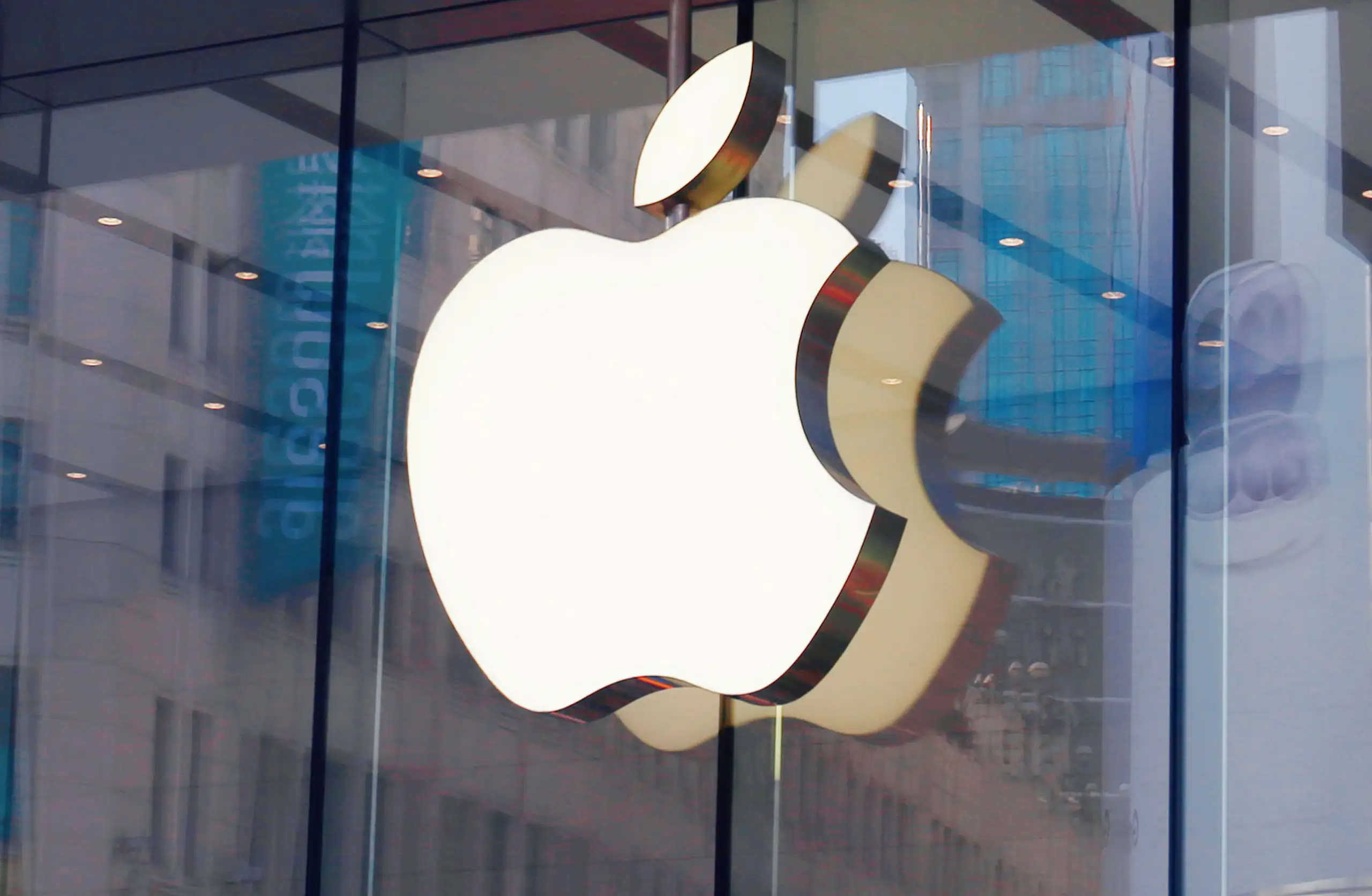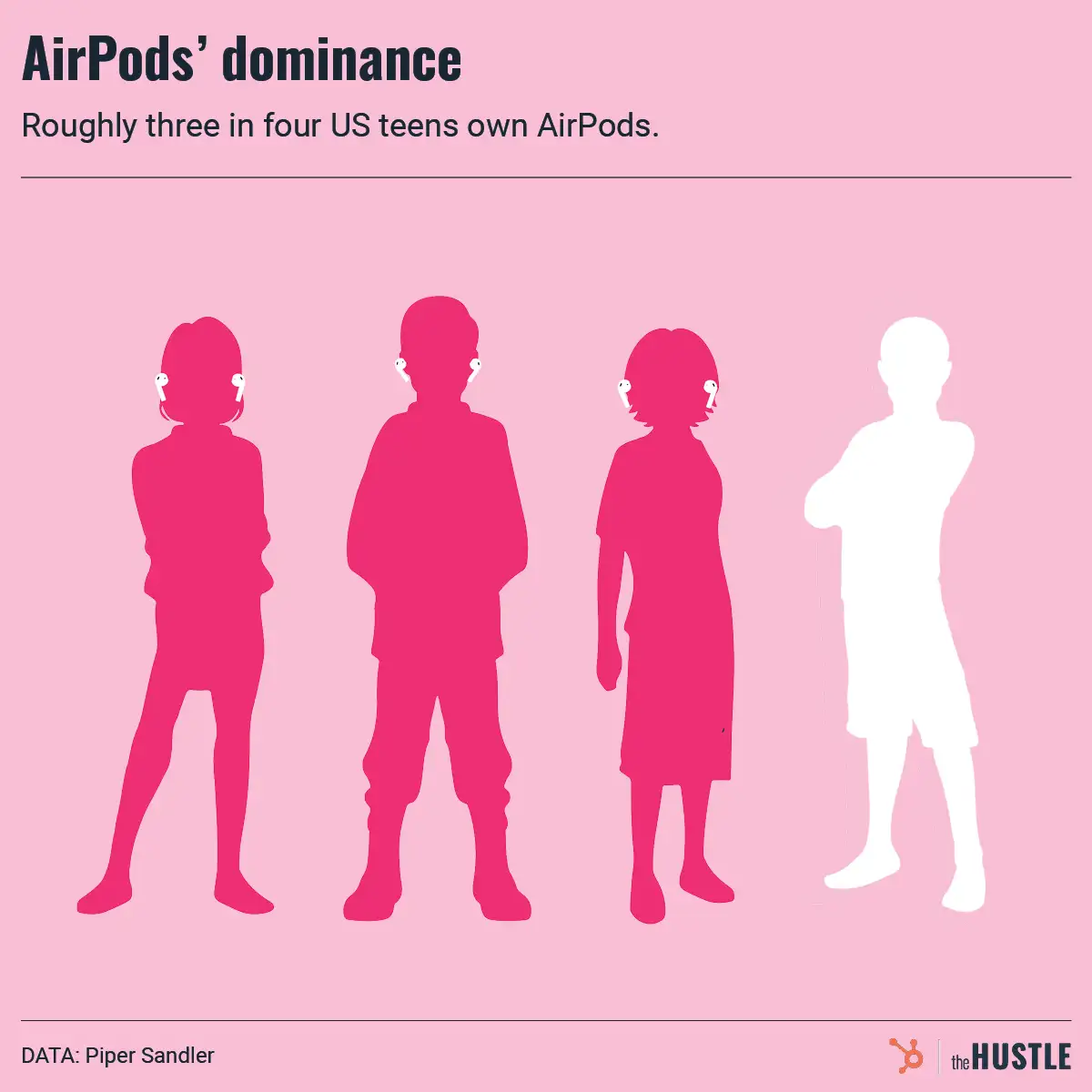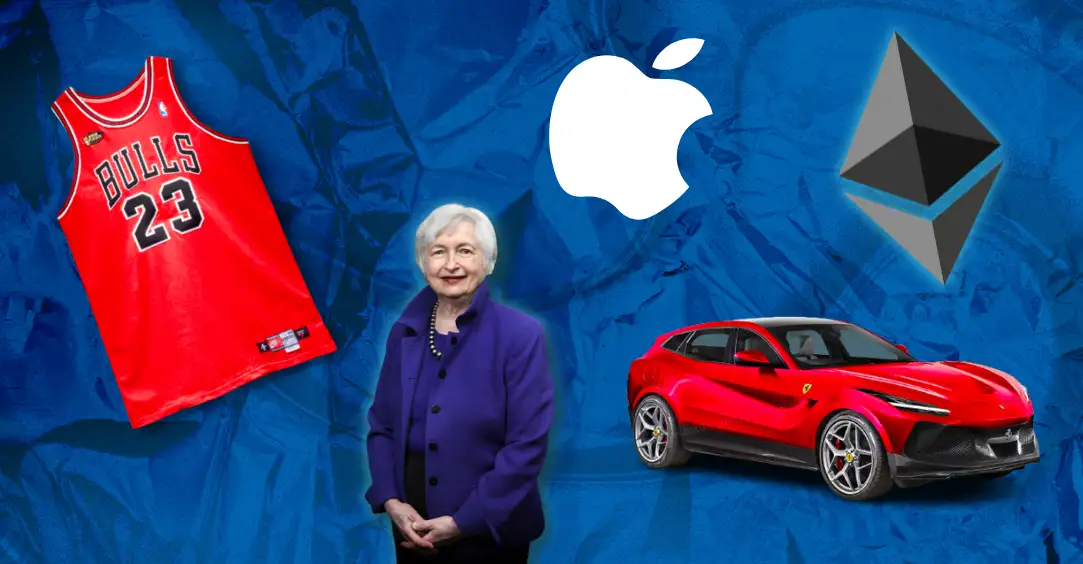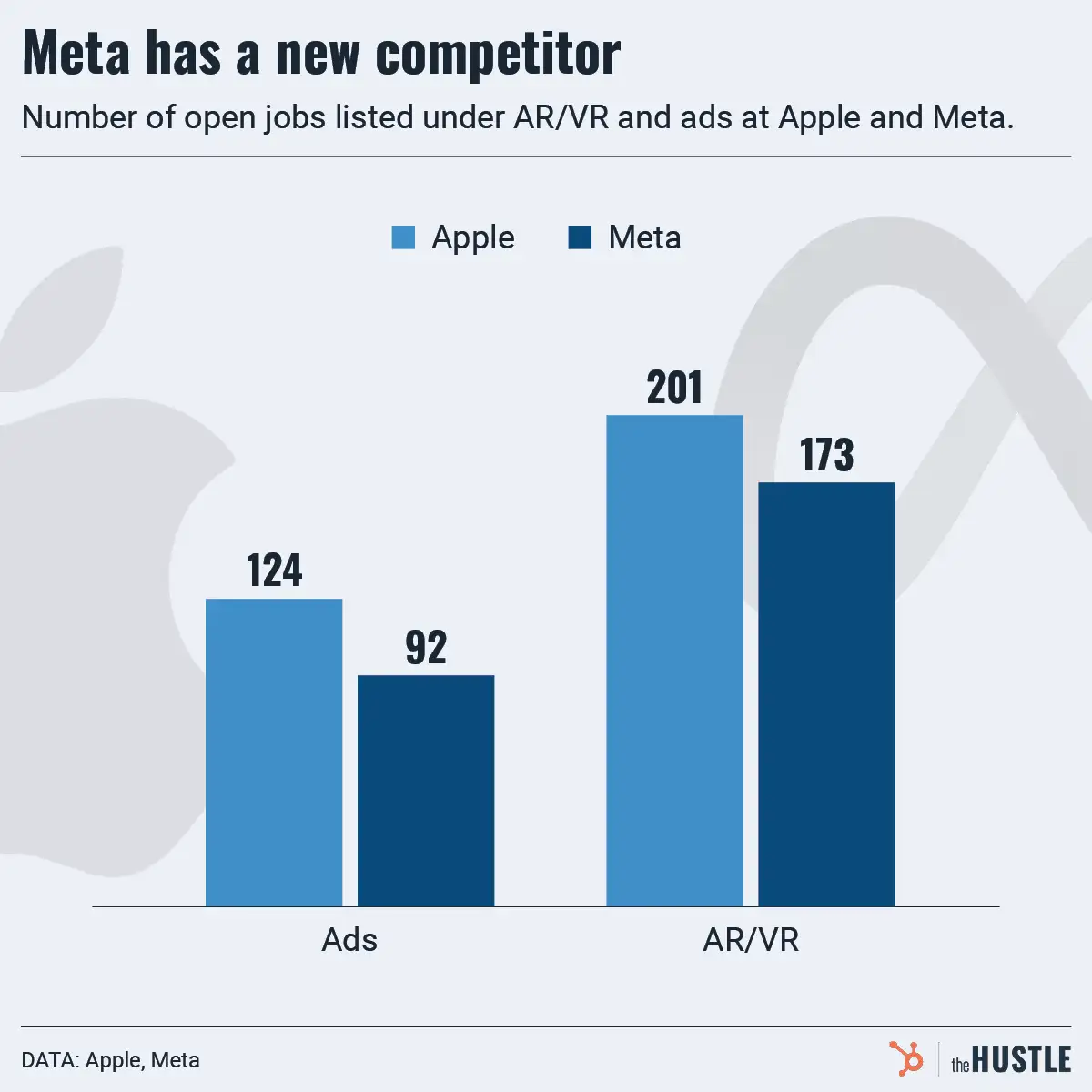Photo: Apple
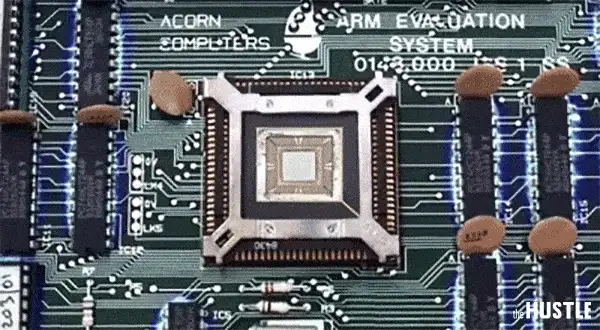
If you’re Intel, you’re gonna want to put earmuffs on for Apple’s “One More Thing” event today.
Apple is expected to announce the first MacBook to run on its in-house silicon chip in lieu of Intel’s — a change that will allow all of the company’s major product lines to run on the same architecture.
For a firm that prizes tight hardware and software integration, this is a major milestone.
The investment that started it all
When examining Apple’s most noteworthy acquisitions, 2 immediately come to mind:
- NeXT Software for $404m in 1997: The purchase of Steve Jobs’ post-Apple startup included the precursor to iOS and brought Jobs back to the company he founded.
- Beats for $3B in 2014: The Dr. Dre and Jimmy Iovine headphone company is Apple’s biggest acquisition and laid the groundwork for Apple Music.
But a 3rd (and highly consequential) deal has defined Apple’s mobile product road map: the acquisition of P.A. Semi for $278m in 2008.
Per tech analyst Ben Thompson, P.A. Semi secured the talent and IP “that would undergird [Apple’s] A-series of chips, which have powered every iPad and every iPhone since 2010.”
The P.A. Semi deal came 10 months after the first iPhone release
At the time, it was clear that the future was mobile — and that meant chips had to properly balance performance and energy efficiency.
Intel, then the world’s biggest chipmaker, wouldn’t deliver the mobile-friendly chips the iPhone needed… so Apple started building an in-house solution.
Apple steadily improved its chips and acquired more semiconductor talent and IP: Intrinsity in 2010 ($121m) and parts of Dialog Semiconductor in 2018 ($600m).
The MacBook started using the Intel chip in 2006
Thompson notes that the rationale for an Intel / MacBook breakup is years in the making:
- Performance: The mobile A-series chip has improved markedly.
- Chip economics: Apple captures more margin by using chip designs from ARM and outsourcing production to Taiwan Semiconductor Manufacturing Co. (TSMC).
- Control: Tighter hardware-software integration means the potential for new features that are exclusive to MacBook.
Apple first announced that MacBooks would transition away from Intel back in June. Today, the deed is likely to be done.
Earmuffs, Intel. Earmuffs.
Check out related coverage:


